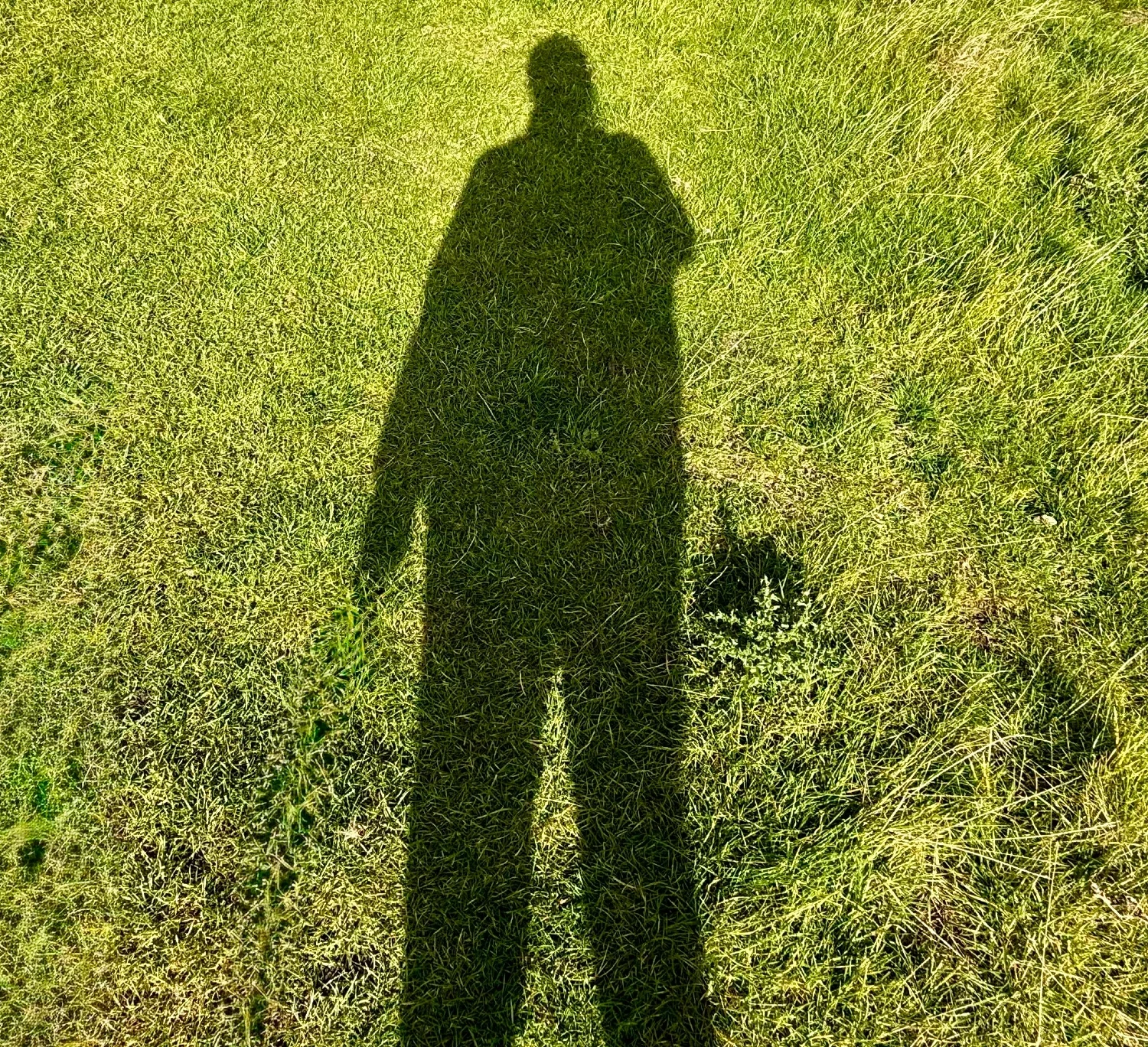Leaning Into Loneliness and Uncertainty
Being at peace with the unknown.
You often hear people talking about a ‘pandemic of loneliness’ especially in older, isolated individuals. However, loneliness can impact anyone, at any age, even if they are not visibly cut-off from others. The World Health Organization estimates that one in six people around the world are experiencing loneliness, declaring it as a ‘global public health concern’ in 2023, after the impact of Covid-19 on people’s mental health due to a lack of connection. Humans are neurologically wired to need connection, and being devoid of it can generate the same brain circuits that control physical pain. But does being alone automatically result in feelings of loneliness? Not always, especially if you have a strong sense of connection to yourself.
Life events, such as a relationship breakup or job loss, can often trigger feelings of loneliness and uncertainty, which can lead to generalised anxiety and/or depression. This doesn’t necessarily happen overnight but occurs over time as our internal storytelling starts to catastrophize and our motivation to work through the unplanned disruption depletes. Life can feel ‘out of our control’, which can be unsettling and often immobilizing. We might convince ourselves that we will never find another job, or be in a relationship again, which is a distortion of reality and ultimately self-limiting. Within a therapeutic setting you can explore when and why these negative presets were first programmed so you can reframe your perspective of the present. One way of facilitating this discovery is the use of an ‘unhelpful thoughts diary’ where you record all negative thoughts and then work in therapy to unpick these narratives to find the truth beneath them.
So, what would leaning into loneliness and uncertainty look and feel like? If loneliness is the unwanted absence of connection, leaning into being alone is about exploring your connection to self, whether through talk therapy or journalling. Also, spending time in nature can really help you feel your connection to the earth, which in turn converts loneliness into solitude (the state of being alone, without feeling lonely). Equally, finding peace with the unknown, by recognising our desire for control and exploring where this need comes from, can allow you to be open to opportunities without being attached to the outcome. When we are faced with uncertainty our fight or flight response can be activated, and we may either try to run from the uncertainty through distraction or contest it through denial or control. However, it is important to pause and consider how the unwanted change makes us feel, which is where therapy can be helpful. Giving yourself permission to feel, and to process those feelings, paves the way for you to then focus on your response, rather than being reactive to the situation. By concentrating on the short term first, or on one issue at a time, we can create space for adjustment, focus on what’s working and avoid feeling overwhelmed.
